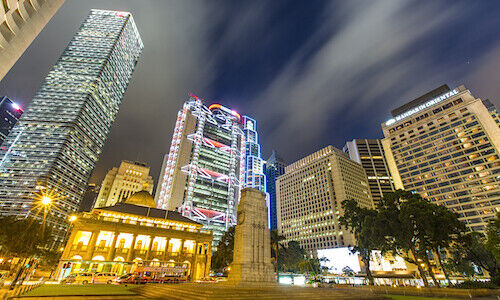US, UK Respond to Hong Kong's New Security Law
Officials in the US and UK responded to the approval of Article 23, a controversial national security law in Hong Kong.
On Tuesday, Hong Kong passed Article 23 in what chief executive John Lee called the completion of a «sacred mission» for the city. The controversial bill, which prohibits acts of treason, secession, sedition and subversion against Beijing, had been shelved for over two decades due to initial public opposition.
In response, officials in the US and UK commented on legislative approval of the bill.
US: «Incredibly Vague»
According to US State Department deputy spokesman Vedant Patel, Article 23 includes phrasing and crimes that are «poorly defined» and «incredibly vague».
«We think that this was fast-tracked through the nondemocratically elected legislative council after a truncated public comment period,» Patel said during a press briefing. «They use phrases such as external interference, which is incredibly vague. So we’re analyzing this legislation, and we are taking a look at what the potential risk could be to not just US citizens but other American interests that we might have.»
UK: More Uncertainty
UK Foreign Secretary David Cameron also issued a statement, underlining that the new law will have «far-reaching implications» for Hong Kong’s rule of law, the independence of its institutions, its high degree of autonomy and protection of rights and freedoms.
«The broad definitions of national security and external interference will make it harder for those who live, work and do business in Hong Kong. It fails to provide certainty for international organizations, including diplomatic missions, who are operating there,» he said.
«It will entrench the culture of self-censorship which now dominates Hong Kong’s social and political landscape, and enable the continuing erosion of freedoms of speech, of assembly, and of the media.»



























